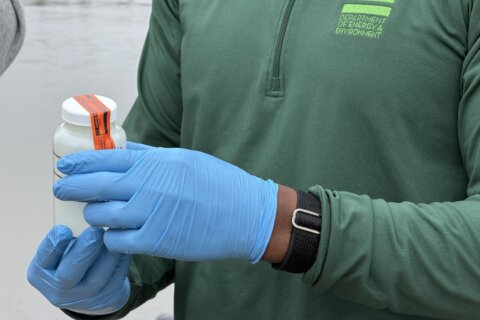A nonprofit that has worked for years serving D.C.’s LGBTQ+ homeless youth community is now trying to reach out to a group that the organization admits is often neglected.
The Wanda Alston Foundation is launching a new two-year transitional housing facility specifically for transgender men of color.
“We are so thrilled about this new program,” the foundation’s executive director June Crenshaw said.
The new facility, named Renita’s, is expected to open in the next couple of weeks and is currently accepting applications.
The foundation plans to accept up to four trans men of color to participate in the pilot program, which will provide case management to help with job hunting, education, and improving health and wellness.
“We know that the need is great,” Crenshaw said. “We’re trying to start something small so that we can make sure that the services we’re developing meets the needs.”
Through their work over the years since WAF was established in 2008, Crenshaw said, they began to realize that transgender men of color weren’t receiving the proper attention.
“They’re just forgotten because oftentimes their voice are overshadowed by the great need that is throughout the community and throughout the city,” Crenshaw said.
And Crenshaw explained that the pilot program goes beyond providing some basic needs for this particular group.
“To feel safe, seen, visible and represented is also important,” Crenshaw said. “So, I think that’s why an opportunity to really start to develop a program purely on them [trans men of color] is essential.”
The foundation began with Wanda’s House, serving as a nine-bed 18-month transitional housing program devoted to serving LGBTQ+ youth 16 to 24 years old.
Alston’s Place, which is a longer-term transitional housing facility, was opened last June. It provides LGBTQ+ youth with a dozen beds along with up to six years of housing and support services.
Crenshaw said 50% of the homeless youth population identify themselves as members of the LGBTQ+ community. A majority of their funding comes from government grants, while the rest is from fundraising and individual contributions.
Crenshaw said that there are not enough resources to match the need.
“It’s a big order to meet all that need,” Crenshaw said. “We always need more support and more donors to help us put together sound programs.”
WAF is accepting applications for their new pilot program through June. More information is available on the foundation’s website.








